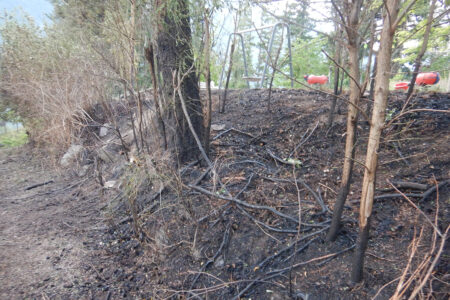Study shows garlic makes baby formula safer to consume
Garlic may be bad for your breath, but it’s good for your baby, according to a new study from the University of British Columbia.
The study, recently published in Applied and Environmental Microbiology, is the first to identify two compounds derived from garlic – diallyl sulfide and ajoene – that significantly reduce the contamination risk of Cronobacter sakazakii in the production of dry infant formula powder.
The discovery could make the product safer to consume, easing the minds of new mothers who can’t or opt not to breastfeed.
“A trace dose of these two compounds is extremely effective in killing C. sakazakii in the food manufacturing process,” says Xiaonan Lu, corresponding author and assistant professor of food safety engineering in the Faculty of Land and Food Systems. “They have the potential to eliminate the pathogen before it ever reaches the consumer.”
C. sakazakii is a foodborne pathogen that is sometimes present in dry infant formula powder and other fortified foods. C. sakazakii infection is rare, but often fatal for infants. It can poison a baby’s bloodstream and lead to life-threatening cases of meningitis. Outbreaks of C. sakazakii have occurred worldwide.
According to Lu, the garlic compounds could be used to prevent C. sakazakii contamination on food contact surfaces and in every step of food production – from processing, packaging and delivery.
“Pipes used in the manufacturing of milk products are typically cleaned with chemicals like chlorine, but these garlic compounds are a natural alternative,” says Lu. “We believe these compounds are more beneficial in protecting babies against this pathogen.”
— originally published by the UBC news department






















